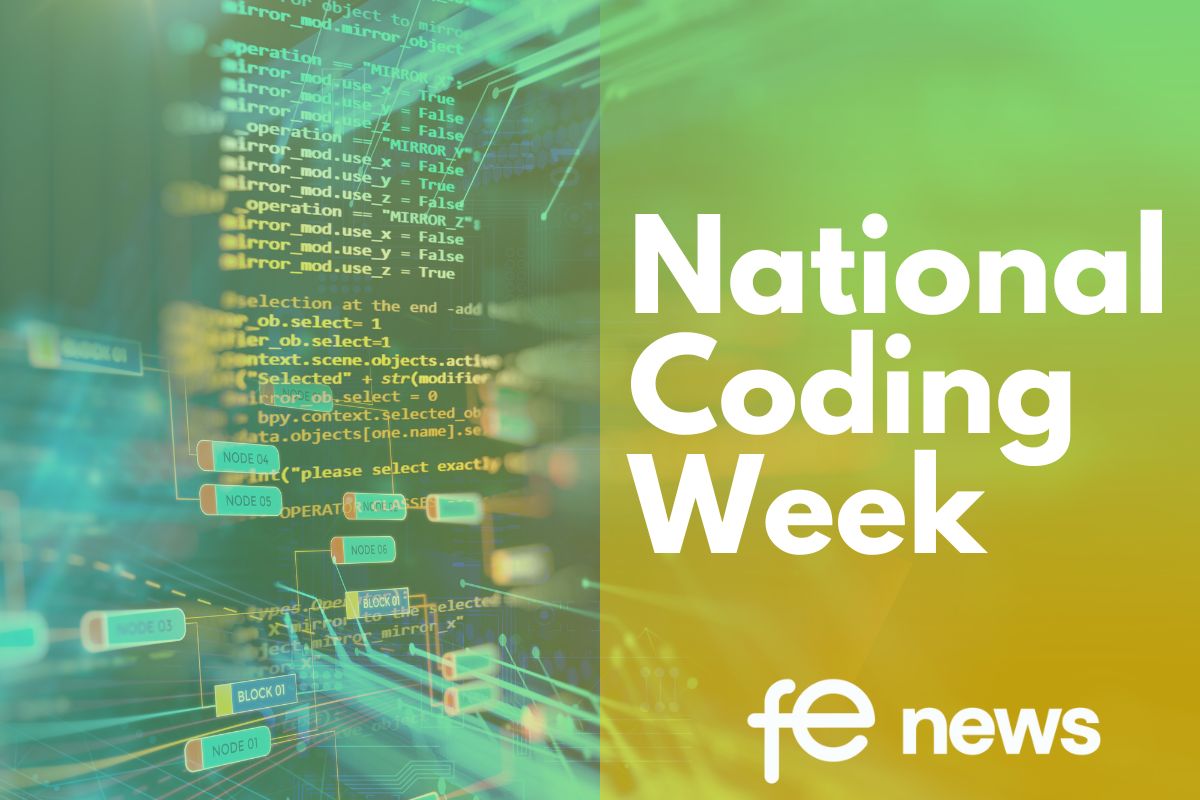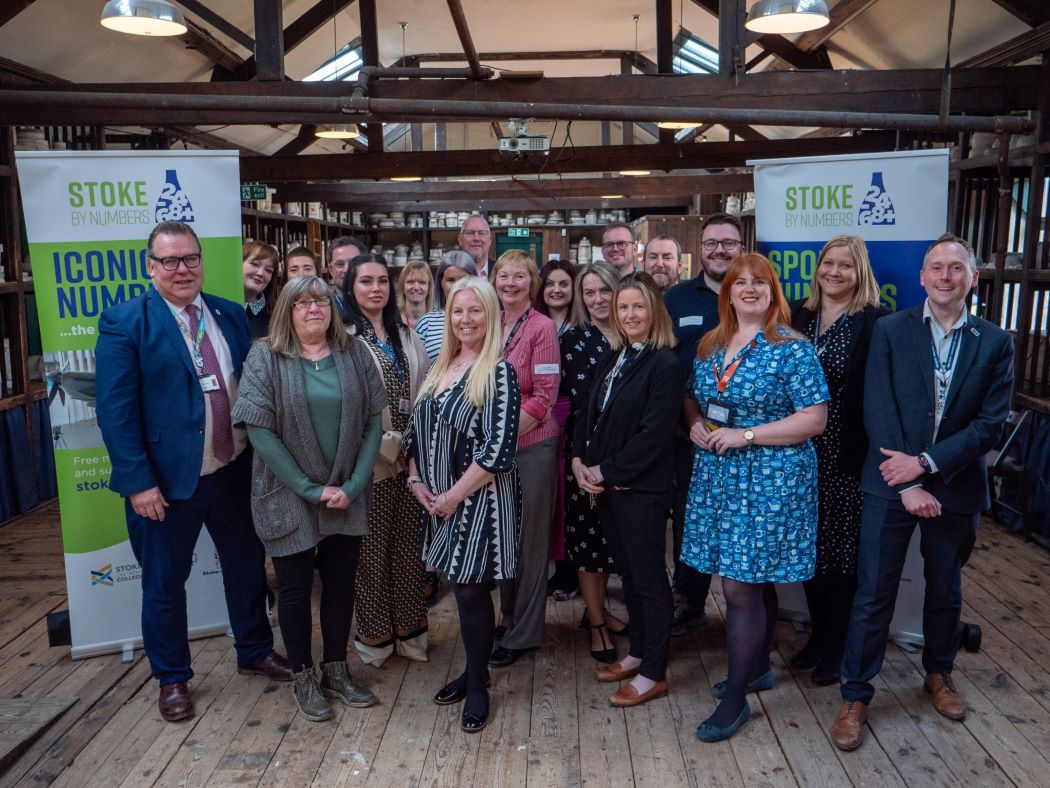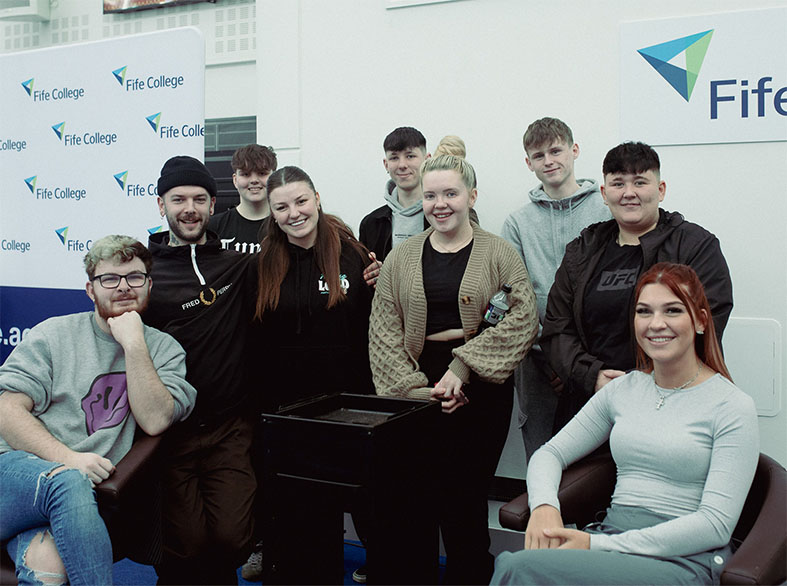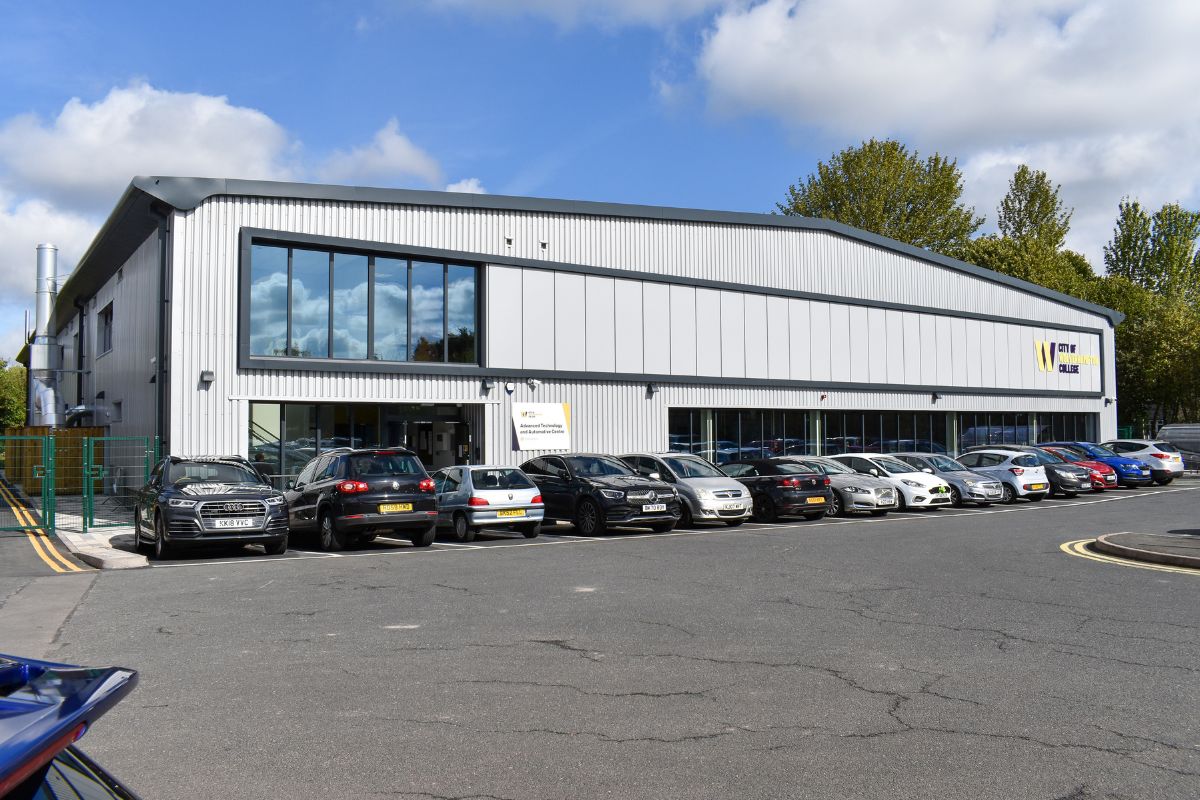National Coding Week- Sector Response

National coding week occurs annually on the third Monday of September. This year, the theme revolves around Artificial Intelligence.
In today’s digital age, coding skills have become increasingly essential. This year’s theme, Artificial Intelligence, underscores the growing importance of AI in our lives and industries. Coding and Artificial Intelligence (AI) are pivotal in education and the workplace. They cultivate problem-solving skills, nurture digital literacy, and offer vast career opportunities. In the workplace, these skills drive efficiency through automation and spark innovation, enabling individuals to thrive in a technology-driven world.
GitHub research shows that AI pair programming tools, which suggest code and entire functions in real-time, help developers code up to 55% faster, allowing them to spend their time on the biggest, most challenging problems facing society. The same research found that the majority of developers reported feeling more fulfilled with their job and feel less frustrated when coding.
Sector Response:
Chris Reddington, Senior Manager, Developer Advocacy, GitHub, said:
“AI is propelling a wave of change in the world of programming. The emerging technology is proving to be a much-needed helping hand, taking on a lot of the mundane work that developers have been burdened with in the past. Developers can now focus on critical problem solving and the bigger picture.
Our research shows that developer productivity and job satisfaction increases with AI. Developers are more engaged and efficient, allowing businesses to accelerate time to value. This in turn supercharges the pace in which businesses’ can innovate. Acting as a personal assistant to developers, AI tools are paving the future of coding”.
Sarah Gilchriest, Chief People Officer of Workforce Learning, the group encompassing QA, Circus Street and Cloud Academy, commented on the importance of supporting upskilling in coding:
“It’s an exciting time to be in the workplace, with transformational developments in the technology we use coming at an extraordinary rate. But it is also coming at a pace that is hard to keep up with for many workers. To thrive in this era, individuals need to be thinking about how best to remain relevant in their work, and organisations need to look at how best to equip employees with the necessary skills and mindset. This even goes for those proficient in tech and software development – software development technologies and techniques are evolving fast. Providing an opportunity for your development teams to learn the latest critical skills will let them know you are dedicated to keeping them on the cutting edge.
“Supporting employees looking to boost their coding skills should be considered a valuable part of this. The skills gap that exists already means that hiring workers with the right expertise can be a difficult process. Whilst many view coding as a very technical skill only relevant to a few jobs, National Coding Week is a good moment to focus on the fact that it should be seen as having a broad spectrum of use for a range of careers. It helps you better understand technology. It also encourages individuals to become more creative, think about different problems and provide new solutions to challenges – all skills useful in the workplace.
“Remember that you don’t need everyone to be a coding specialist. The focus can be on getting a base level of knowledge, and equipping people with targeted skills to help their day-to-day work. The reality is, with the advances that we are seeing in tech, AI and automation, and the opportunity it offers, an upskilling program can be one of the smartest investment decisions a business or individual can make.”
Natalie Cramp, CEO of data company Profusion, discusses the importance of coding in the UK’s economy:
“National Coding Week is an ideal time for us to look at the future of the UK’s economy, particularly in relation to data science and AI. A critical aspect of the development of AI is diversity. Improving diversity isn’t just a moral imperative, it is fundamental to the future of AI because it enables better algorithms to be created. A significant contributing fact to the issues we have seen recently around data bias is that the data industry is dominated by one cohort. If you have people from different backgrounds with different experiences and skills developing AI solutions, it reduces the risk of unfavourable outcomes such as bias. Hand in hand with improving diversity is closing the skills gap.
“The fundamental problem is there are not enough women and people from different social and economic backgrounds learning to code. Coding is a really important skill for a data scientist and many other tech roles. There is an argument to be made that very basic coding skills should be a compulsory part of the school curriculum, much in the way basic IT skills were introduced in the 1990s. By exposing young people to what coding actually involves we can dispel a lot of the myths around it that it’s only for a certain ‘type’ of person. It’s not necessary for every person in the UK to be able to code – far from it – but showing young people how coding works and the role it plays in their daily lives will inspire more people to think about pursuing careers in technology and help them better understand the world around them.”
Daria Kepa-Green, Marketing Director of insurtech Cytora, commented on the value of getting more young people into coding:
“Coding skills are a crucial part of the economy and growing this skills base will be essential for maintaining the UK’s position as a leading global tech hub. The skills gap already means that hiring workers with the right expertise can be a difficult and time-consuming process. It really restricts the ability of many startups to grow rapidly. The problem is that coding can be seen as a very technical skill that is only relevant to a few jobs, for example, development. In reality, coding should be seen as a skill with a broad spectrum and very useful for a range of careers for example in data but even in marketing. Being able to have technical conversations with engineers and product people creates a better understanding the product and allows for a faster response to changing market conditions.
“Coding ability can range from knowing some of the basics to being an expert in a number of languages. As a result, you don’t have to be a mathematical genius to get into coding. We need to do more to send this message to young people – particularly young girls. The starting point is more teachers and parents understanding what coding really involves and its value. From there they can encourage young people to experiment with coding and develop their skills.”
Rajesh Ganesan, President at ManageEngine :
“Technology has transformed the workplace –almost every employer today is a tech company. And this fundamental shift relies on a future workforce that is prepared and skilled.
“Developments in AI, along with increasingly sophisticated cyber threats are bringing sharp focus to the digital skills gap in the UK. To compete and be secure, there needs to be greater emphasis on continuous digital learning, and this starts with the national curriculum.
“All students leaving school should be versed in basic IT skills and have an understanding of security threats and how to remain vigilant online. Those specialising in computing and IT need to be taught in line with technological advances, so that their knowledge is relevant. And, we need to see an increase in the number of IT apprenticeships, which makes learning more contextual and effective. enabling technology as a career to large numbers”
Jimmy Headdon, Daemon’s Principal Consultant:
“The best advice I’d give to someone looking to start a career in coding is to find ways of gaining hands-on experience, such as open-source projects, hackathons, meetups and bug bounty programmes. Demonstrable experience goes a long way in your early career and these kinds of projects expose you to new technologies, unique problem spaces and the diverse communities that support these.”
“We’re already seeing a plethora of tools aimed at accelerating our day-to-day lives, in both an assisted and automated capacity, and our clients are rightly interested in leveraging this where appropriate. Technology has always been a fantastic enabler, and generative AI has the potential to support engineers in making significant, meaningful steps toward breakthrough technologies that will move our society forward.“










Responses